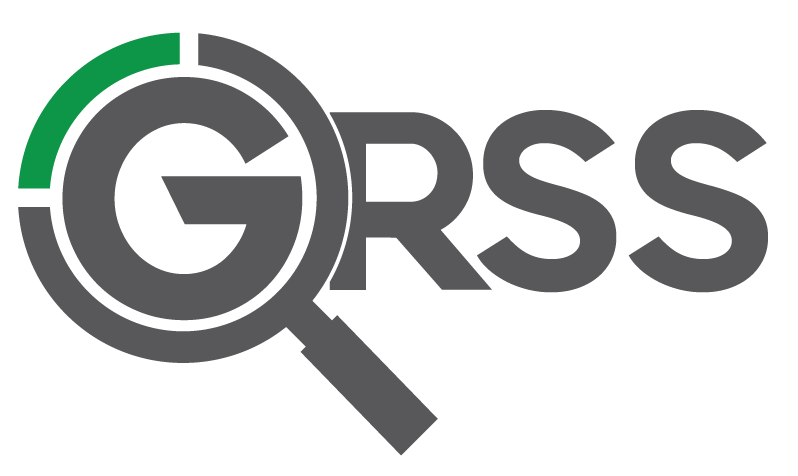The FCA focuses on market abuse surveillance at small and medium sized firms
In its latest Market Watch newsletter (Market Watch 69) the FCA has outlined its observations regarding market abuse surveillance arrangements at small and medium sized firms.
These observations are a continuation of FCA’s reminders, particularly through Market Watch newsletters, of the requirements under UK MAR for firms to have “…. effective arrangements, systems, and procedures in place to detect and report suspicious activity, which should be appropriate and proportionate to the scale, size, and nature of their business activities.”
A summary of some of the FCA’s observations:
- Market abuse risk assessments. They need to be comprehensive, appropriate, and up to date. Firms must consider different types of market abuse that may occur and the areas of their business in which each may apply. The FCA specifically states that firms do not always consider that the risks may vary across their business. The risks will not necessarily be the same in relation to different instruments that a firm trades and the different venues on which they trade. Without an effective market abuse risk assessment in place, firms may not be able to conduct effective surveillance as they may not have identified all areas of risk.
- Order and trade surveillance. Despite previous reminders, the FCA comments that some firms still do not perform surveillance monitoring or do not perform it effectively. The regulator highlighted the importance of calibration. Firms should not just implement an off the shelf system without calibrating the system’s metrics to their business. Firms must consider how this calibration can increase the effectiveness of the surveillance monitoring, particularly across different asset classes. Appropriate calibration will make surveillance more effective, reducing false positives and allowing firms to focus on investigating genuinely suspicious trades. FCA also stresses the requirement (which is being overlooked by many firms) to ensure that their surveillance monitoring captures all orders (including cancelled orders) as well as trades.
- Policies and Procedure’s The FCA stated that a lack of clear procedures can lead to ineffective surveillance monitoring. Staff performing surveillance analysis should be able to rely on clear procedures covering how to deal with surveillance alerts and how to identify signs of market abuse.
- Outsourcing – where surveillance monitoring is outsourced, particularly within larger groups, and sometimes to overseas operations, FCA stresses that firms must understand how the surveillance is conducted, how the systems have been calibrated and the alerts that they will generate. They should ensure they receive adequate management information where such outsourcing is in place.
- Front office – FCA points to what should be an obvious potential conflict of interest. The scenario where the front office has responsibility for performing market abuse surveillance. While there may be some very small firms where it is not possible to avoid this, in such instances firms must ensure that they have considered the clear conflicts of interest and implemented procedures to mitigate the impact of these conflicts.
- Countering the risk of market abuse-related financial crime and investigating market abuse by employees – FCA reminds firms that they must have in place adequate systems to prevent the firm from being used to further financial crime In accordance with SYSC 6.1.1. As FCA notes, it issued guidance to firms on this area in Chapter 8 of its Financial Crime Guide (see FCG 8.1). There is also a reminder on the requirement to submit STORs in all circumstances where a suspicious trade has been identified and for firms to consider that the post-trade submission of a STOR is not satisfactory in circumstances where the firm should instead have prevented the trade in question from being executed. Regarding suspicions that staff may have committed market abuse, firms must still submit STORs ‘without delay’ while they conduct their investigation and must ensure that the person under investigation is not made aware that a STOR has been submitted.
GRSS (Global Regulatory Surveillance Service) assists firms conducting both trade and e-comms surveillance to meet their regulatory requirements If you would like to discuss this, please contact Sarah Donnelly [email protected].









